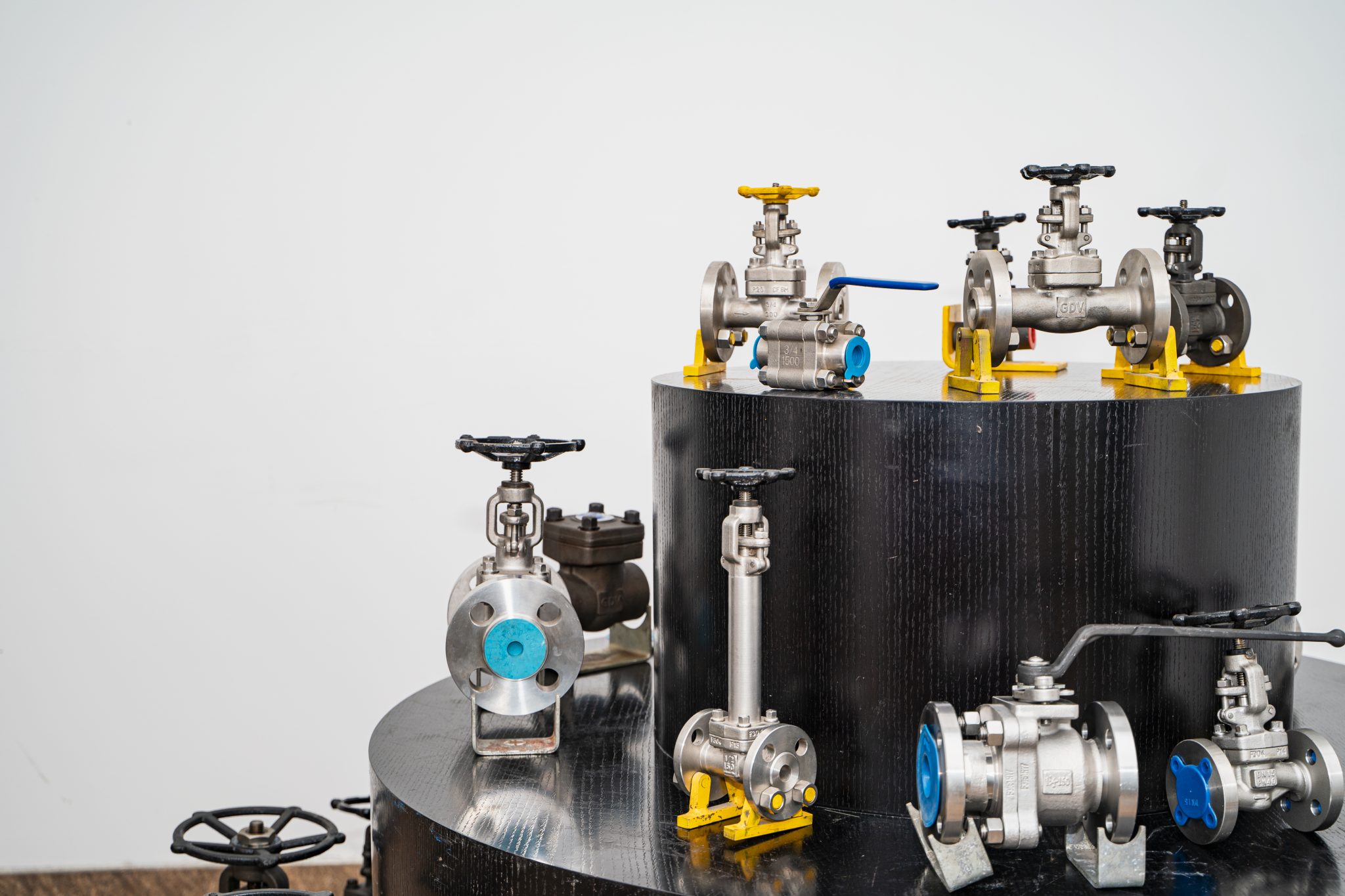Forged steel valves are used in a wide range of industrial applications, from oil and gas to chemical and petrochemical. They are known for their strength, durability, and resistance to corrosion and high temperatures. However, choosing the right forged steel valve for your specific application can be a challenging task. In this article, we will discuss some pointers to help you choose the right forged steel valve for your application.
- Determine the valve type and function
The first step in choosing the right forged steel valve is to determine the valve type and function required for your application. There are several types of forged steel valves, including gate, globe, check, ball, and butterfly valves. Each valve type has its own unique features and advantages, so it’s important to choose the right type of valve based on the application requirements.
- Consider the operating conditions
The next step is to consider the operating conditions, including pressure, temperature, and flow rate. Forged steel valves are designed to operate under specific conditions, and selecting a valve that is not suitable for the operating conditions can lead to premature failure or performance issues.
- Evaluate the material compatibility
Material compatibility is an important consideration when selecting a forged steel valve. The valve material must be compatible with the fluid being transported to avoid chemical reactions or corrosion that can compromise the valve’s performance.
- Check the valve standards and certifications
The valve standards and certifications are important factors to consider when selecting a forged steel valve. The valve must meet international standards such as API, ANSI, JIS, DIN, BS, and GB and should be certified by reputable organizations to ensure quality and performance.
- Choose the right size and connection type
The size and connection type of the valve is critical considerations when selecting a forged steel valve. The valve size must be appropriate for the pipe size and flow rate, and the connection type must match the existing pipeline to ensure proper installation and operation.
- Consider the valve manufacturer and supplier
Finally, it’s important to choose a reputable valve manufacturer and supplier that has a proven track record of delivering high-quality products and excellent customer support. A good manufacturer will offer customized solutions and technical support to help you choose the right valve for your application.
- Maintenance of the valve
Maintaining an effective valve is essential to safe and efficient operations, lowering the risk of emergency shutdowns or equipment failure, as well as protecting the integrity of industrial fluid systems, and guaranteeing leak-tight seals.
Valve selection is an integral component of this process, taking into account such criteria as flow direction, temperature, and pressure requirements, valve stem height, actuator alignment, gaskets, and end connections to achieve optimal performance while keeping costs within acceptable parameters. A successful choice can ensure optimal performance without downtime while remaining cost-efficient.
Selecting the right forged steel valve for your application is a critical task that requires careful consideration of various factors. By following the pointers mentioned above, you can ensure that you choose the right valve that meets your application requirements and delivers reliable and efficient performance.

